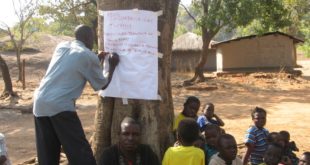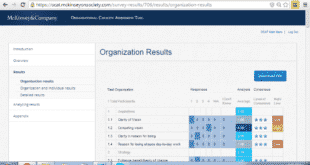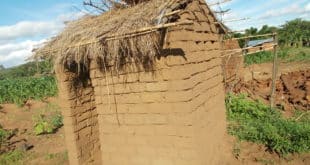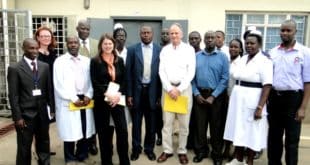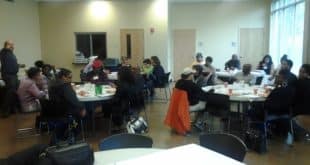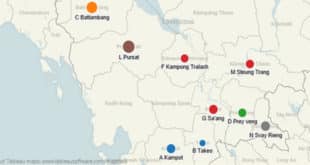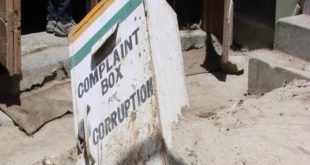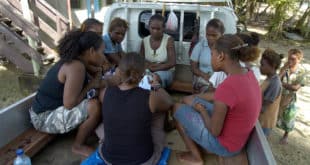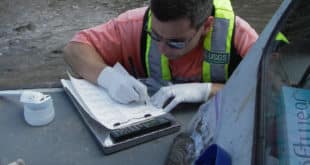Note: An M&E framework can also be called an evaluation matrix. One of the most popular downloads on tools4dev is our M&E framework template. We’ve had lots of questions from people on how to use specific parts of the template, so we’ve decided to put together this short how-to guide. Choose your …
Read More »Piroska Bisits Bullen
Assessing your strengths and weaknesses with the McKinsey Organizational Capacity Assessment Tool (OCAT)
Run the online OCAT International development programs often try to build the capacity of organisations. In some cases, donors try to help implementing organisations improve how they work. In other cases organisations themselves realise there is room to improve. To help with this process the international consulting firm McKinsey & …
Read More »Community-Led Total Sanitation (CLTS) – does it really work?
Community-Led Total Sanitation (CLTS) is quickly taking the international development / global aid world by storm. According to the Institute of Development Studies it is now being used “in more than 50 countries, of which at least 15 have made CLTS official national policy”. Traditional sanitation programs usually distribute free or subsidised concrete …
Read More »Monitoring visit report template
The purpose of a monitoring visit (sometimes called a supervision visit or a field visit) is to make sure that project activities are implemented the way they are described in the plan. It normally involves meeting with the people running the project, meeting with the participants, and observing the activities. At …
Read More »How to use root cause analysis to fix problems
All aid projects face problems at one stage or another. It could be that an employee stole money from the project, or that an activity kept running for years even though it was ineffective. It can be tempting to put these problems down to individual people. The employee was unethical, …
Read More »Three questions to ask before organising a capacity building workshop
In my opinion, capacity building workshops are one of the most overused activities in international development / aid programs today. Normally involving the words “strengthening”, “sustainable” or “empowerment”, these events have the potential to waste large amounts of money and achieve relatively little. That’s not to say workshops are completely useless, …
Read More »How to make a simple GPS map of your project
Making a map of your project has many benefits. It can help people in other countries (like donors) understand exactly where your project is located. It can help you make better decisions on logistics, and you can use it display the project results for different target areas. These days, making …
Read More »How to (try to) stop fraud on your project
Fraud and corruption in international development projects are often cited as a reason to stop giving aid. The UNDP broadly defines fraud as any act (or omission) to obtain a financial or other benefit or to avoid an obligation. This differs slightly from corrupt practices, which the UNDP understands to …
Read More »Should I use interviews or focus groups?
Deciding whether to use interviews or focus groups for collecting qualitative data is an age old question that plagues every international development / aid worker at some point in their career. Some experts think interviews are better, some think focus groups are better, while others say it depends on the situation. …
Read More »Does my study need ethics committee approval?
International development / aid workers are often faced with a dilemma when evaluating the results of their program. They need to do a survey, or some interviews, or even a randomised trial, but they’re not sure if they need approval from an ethics committee before doing it. I’ve encountered some …
Read More »
